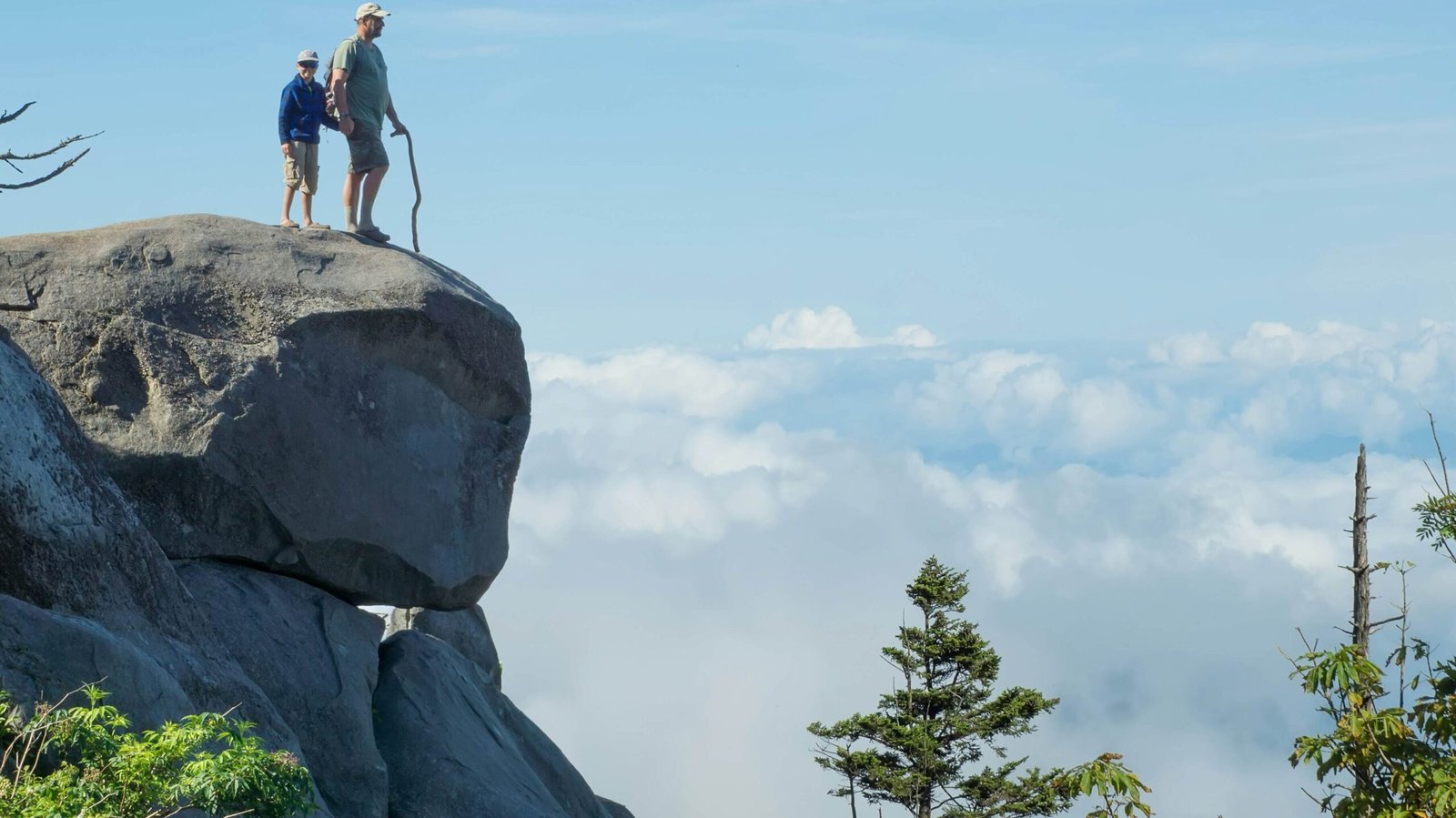
Exploring Great Smoky Mountains National Park. is the most visited park in the United States. It is home to a variety of animals, historic monuments, and breathtaking natural beauty.
Table of Contents
Great Smoky Mountains: Wildlife and Waterfalls
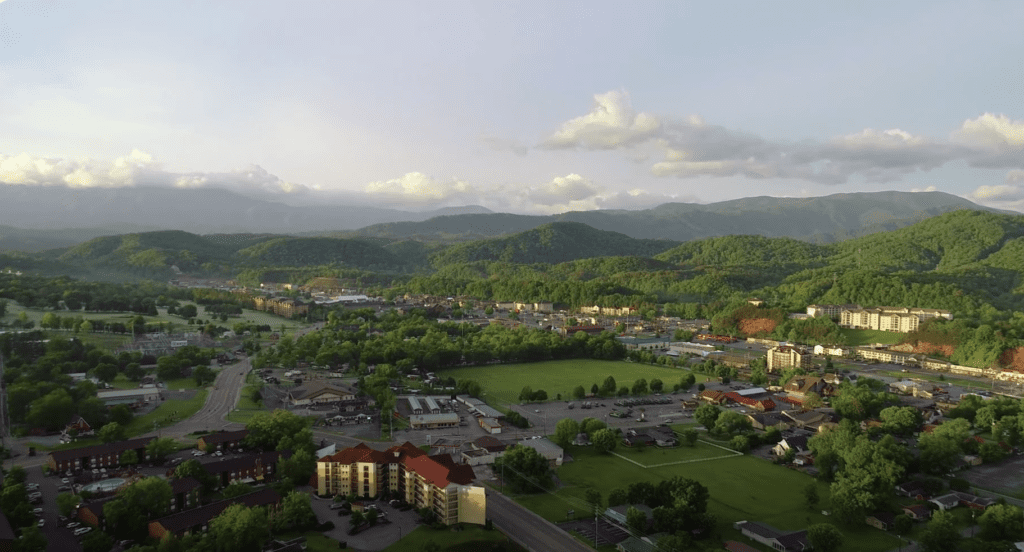
Straddling the border of Tennessee and North Carolina, Great Smoky Mountains National Park is the most visited national park in the United States.
Its proximity to cities like Gatlinburg, Pigeon Forge, and Townsend makes it an accessible destination for millions of visitors each year. Despite the crowds, the park offers a wide variety of activities and breathtaking natural beauty that can be enjoyed all year round.
1. Cades Cove
Cades Cove Park is one of the most popular destinations. This open valley is surrounded by mountains. And there are many types of animals to see here. Visitors can often see white-tailed deer, black bears, coyotes, and turkeys, especially in the mornings.
In addition to its natural beauty, Cades Cove Park has the largest variety of historic buildings, including churches, a working mill, and several log houses from the early 19th century. The 11-mile one-way loop road is perfect for a scenic drive, offering plenty of opportunities to stop and explore.
2. Abrams Falls Trail
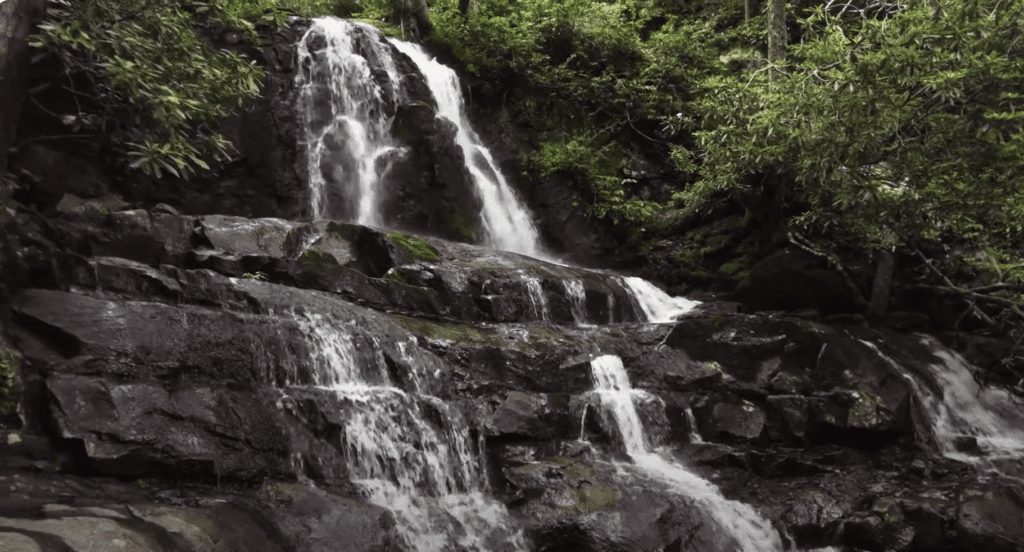
Exploring Great Smoky Mountains National Park.
Starting from Cades Cove, the Abrams Falls Trail is a 5-mile round-trip hike that leads to a stunning 20-foot waterfall.
The deep pool at the bottom of the falls is ideal for cooling off after the hike. Another easy and scenic hike in the area is the Cades Cove Nature Trail, which is especially beautiful in the fall when the leaves turn shades of orange, red, and yellow.
3. Clingmans Dome
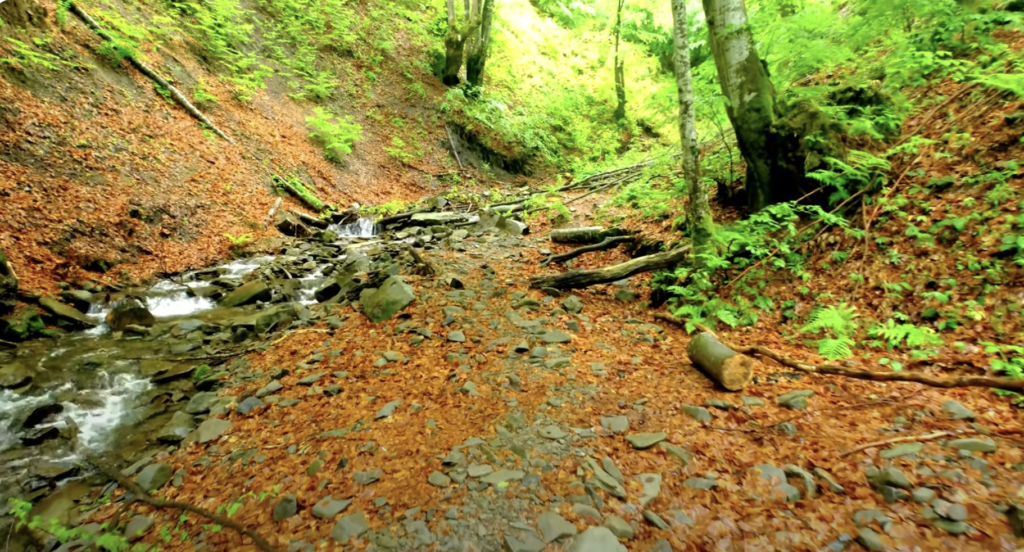
The highest peak in Great Smoky Mountains National Park is Clingmans Dome. The tower at the summit offers stunning views that can stretch up to 100 miles on clear days. The trail to the summit is steep but paved, making it easy for most visitors to see.
The road to Clingmans Dome is usually closed from December to March due to weather conditions. Several popular hikes, including a portion of the Appalachian Trail, begin along Clingmans Dome Road.
4. Appalachian Trail
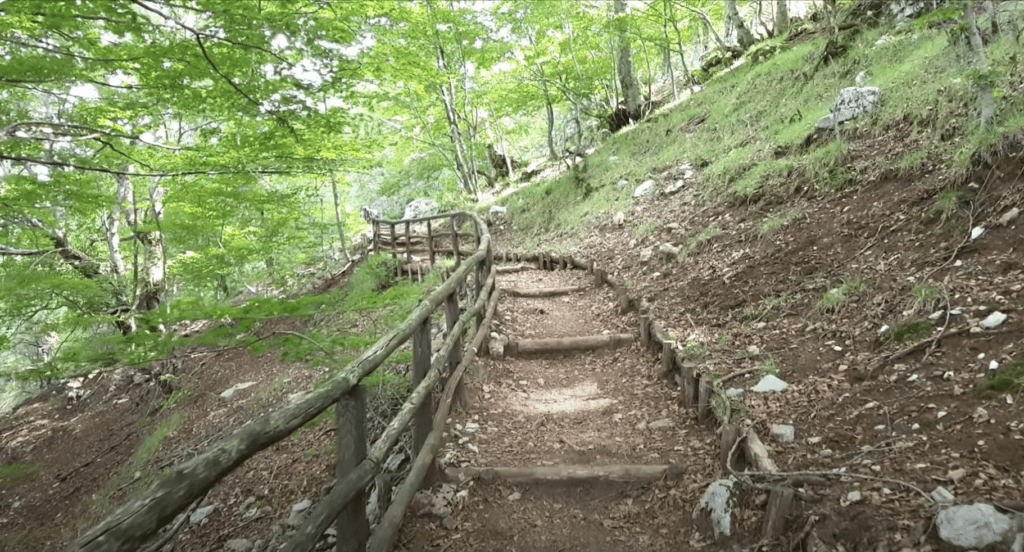
The Appalachian Trail runs through about 71 miles of Great Smoky Mountains National Park. Hikers can hike this portion in about a week or choose to hike shorter sections starting from trailheads at Newfound Gap or Clingmans Dome.
The trail is marked with white blazes, while blue blazes indicate side paths leading to shelters or scenic overlooks.
5. Grotto Falls
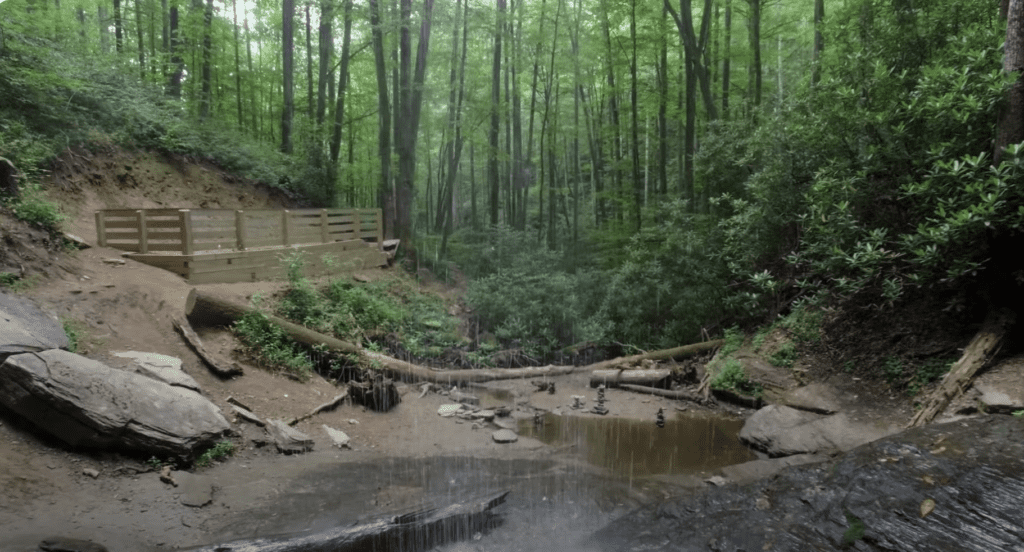
Grotto Falls is unique because visitors can walk behind the waterfall and see it from every angle. The trail leading to Grotto Falls passes through lush hemlock forest, making it one of the most scenic hikes in the park.
6. Laurel Falls
Laurel Falls is the park’s most popular waterfall. The trail to the falls is 2.3 miles and is relatively easy, making it accessible for families. The waterfall drops from a height of 80 feet in two sections, creating a picturesque view.
7. Rainbow Falls
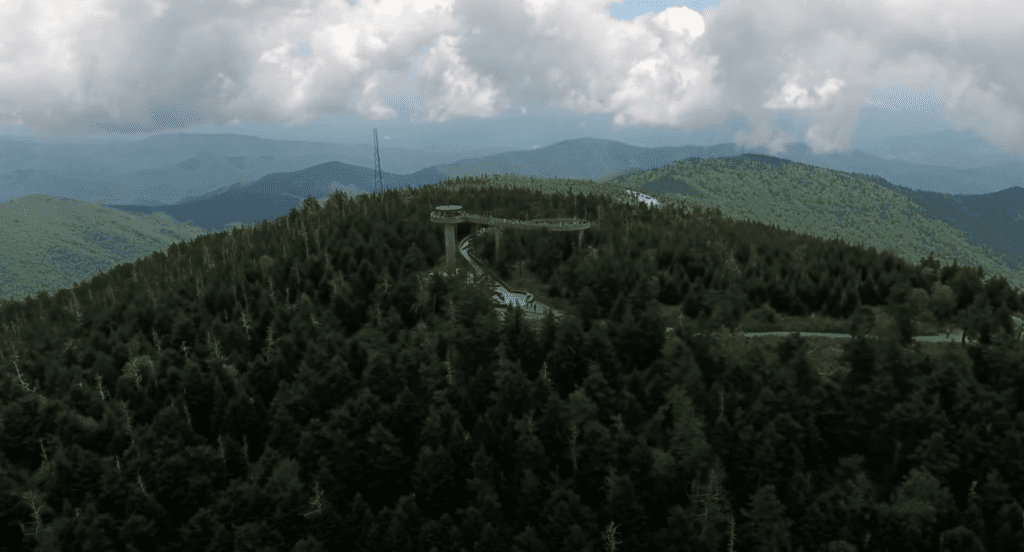
Rainbow Falls is the park’s tallest and single-drop waterfall. The hike to the falls is a strenuous 5-mile trek, with a height loss of over 1,500 feet. On sunny days, visitors can see rainbows in the mist, which adds to the waterfall’s allure.
8. Other Notable Waterfalls
The park has several other waterfalls, including Ramsey Cascades, Hen Wallow Falls, Cataract Falls, and Mingo Falls. Each offers its own unique charm and beauty, providing ample opportunity for exploration.
9. Blue Ridge Parkway
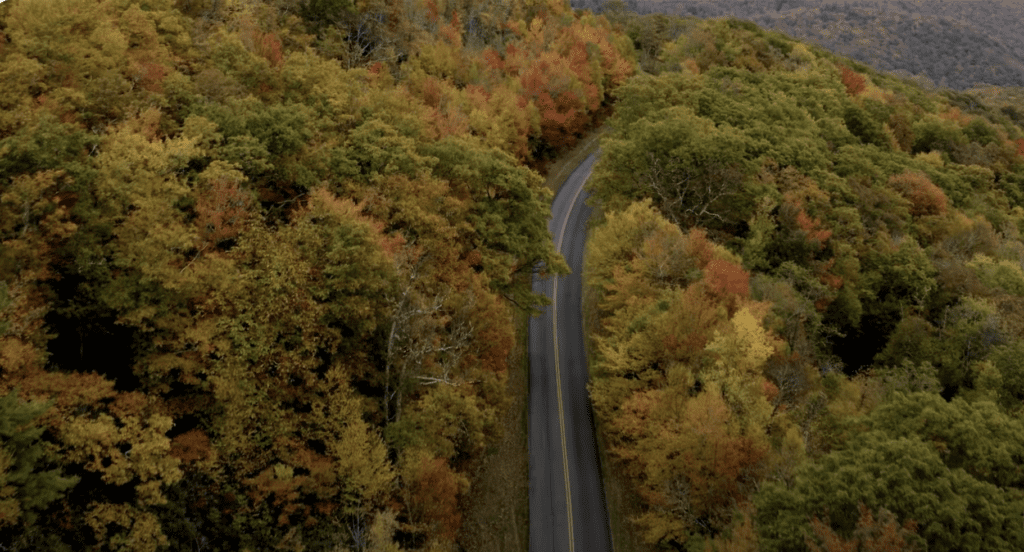
While much of the Blue Ridge Park Way lies outside of the park, it is a must-see scenic drive for visitors to the area. The parkway stretches 469 miles from Shenandoah National Park in Virginia to the entrance to the Great Smoky Mountains in North Carolina.
Fall is the best time to drive the Park Way, as fall leaves create a stunning tapestry of colors. Notable stops along the way include Looking Glass Falls in Pisgah National Forest and the Lake Tahoe, which offers breathtaking scenic views.
10. Newfound Gap
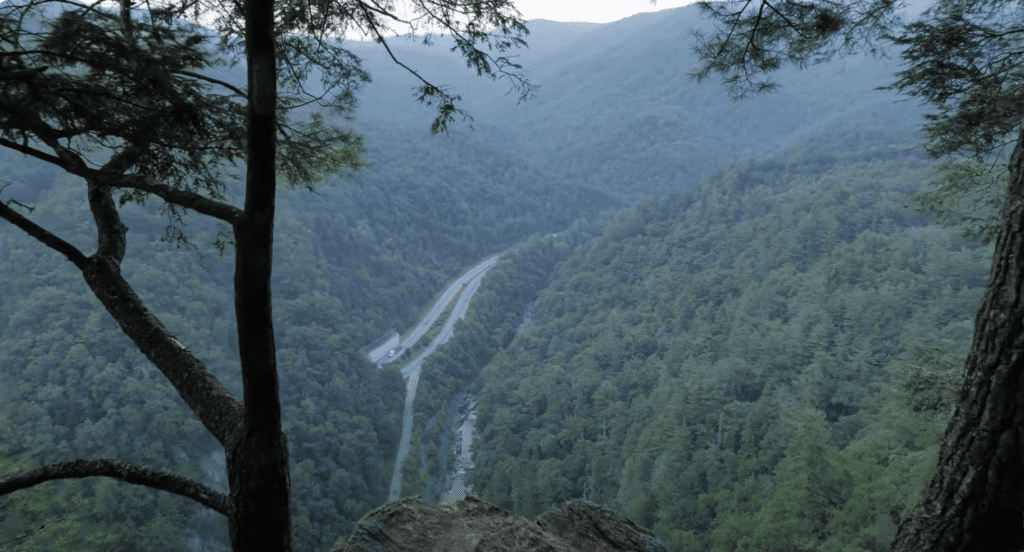
Newfound Gap is the lowest driveable pass in the park at an elevation of 5,046 feet. As you climb higher, the scenery changes dramatically, with different forest ecosystems changing from hardwoods to pines and oaks to evergreens.
Snowfall is more common at higher elevations, making Newfound Gap a beautiful place to visit in the winter. The Appalachian Trail crosses Newfound Gap Road, providing a short hiking opportunity along this famous trail.
11. Nearby Towns
After a day of exploring, visitors can head to nearby towns like Pigeon Forge, Gatlinburg, and Bryson City for food and entertainment. These towns offer a variety of restaurants, shops, and attractions, making them perfect for a great trip.
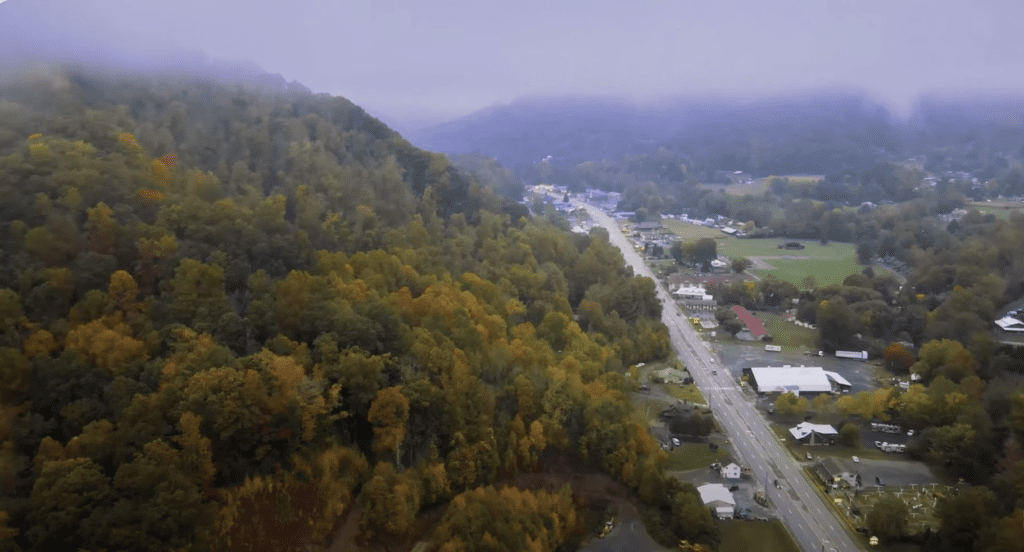
12. Travel Tips
When packing for your trip, don’t forget to bring sturdy hiking shoes due to the rocky and slippery terrain. The park has many waterfalls and river crossings,
so be prepared to get wet. Also, expect to meet other hikers, as this is the most visited park in the US.
